
Devallis Rutledge
DA Special Counsel

DA Special Counsel
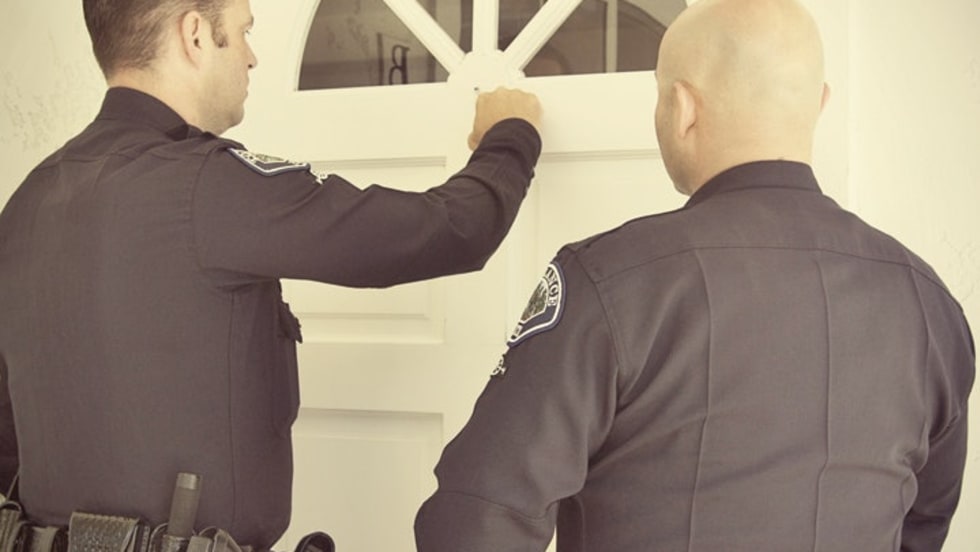
Fortunately, the Supreme Court recently overturned two federal court rulings that had exposed officers to potential liability in cases involving warrantless entries.
Read More →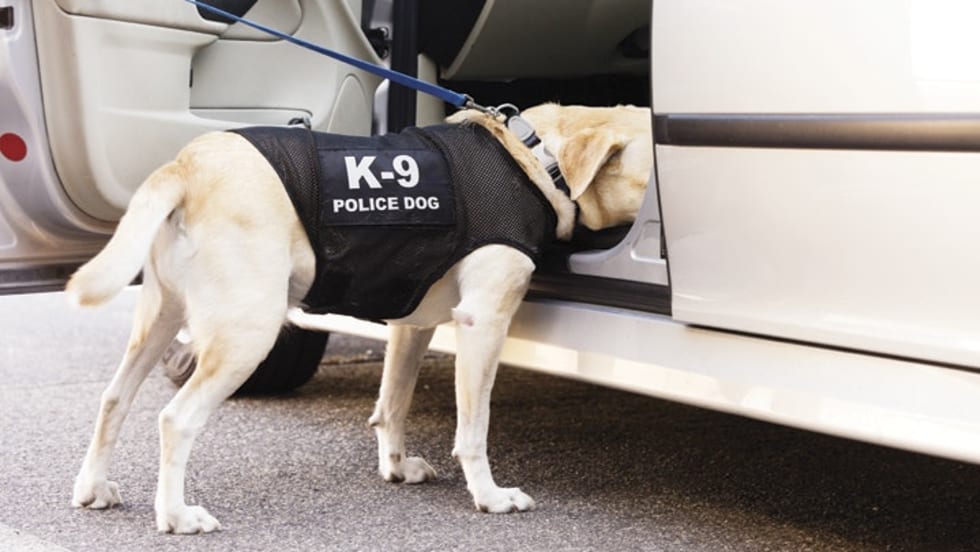
Is it OK under the Fourth Amendment to turn a traffic stop into a criminal investigation? Of course it is, provided the justification for the additional investigation is developed during the reasonable duration of the traffic stop—not after.
Read More →
Most of your communications with criminal suspects are "unscripted" dialogue. But in certain situations it can be very important that you say the right words, at the right time, to avoid creating problems for yourself, your agency, and your prosecutor.
Read More →
There are good reasons why officers need to become more comfortable with writing search warrant applications, and to delay non-emergency searches until warrants can be obtained.
Read More →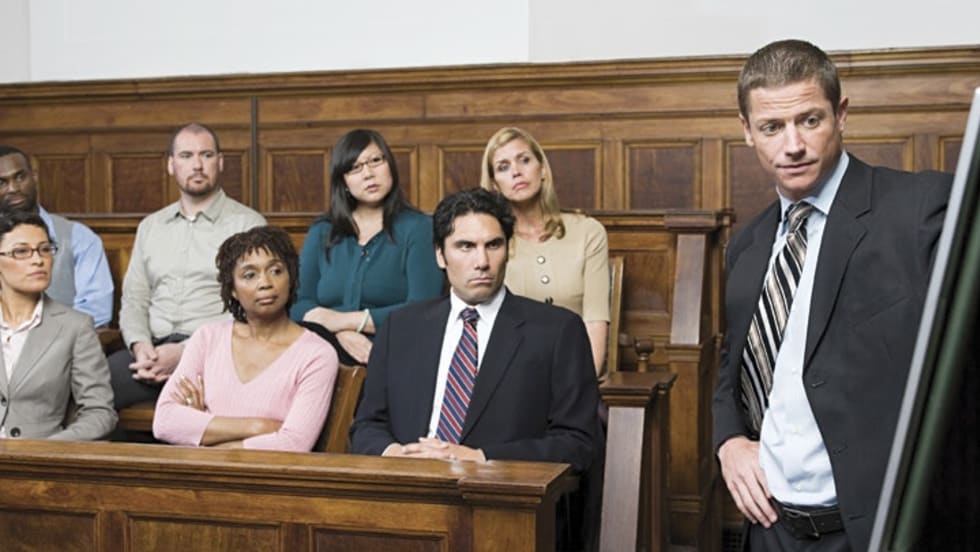
Although the prosecutor's decision to decline to pursue a prosecution could be for a variety of reasons, there are steps you can take to ensure that a rejection is not based on your police work on the case.
Read More →
In a series of cases, the court has upheld searches and seizures made by officers who were mistaken in their understanding of the facts they confronted, or as to the law to be applied.
Read More →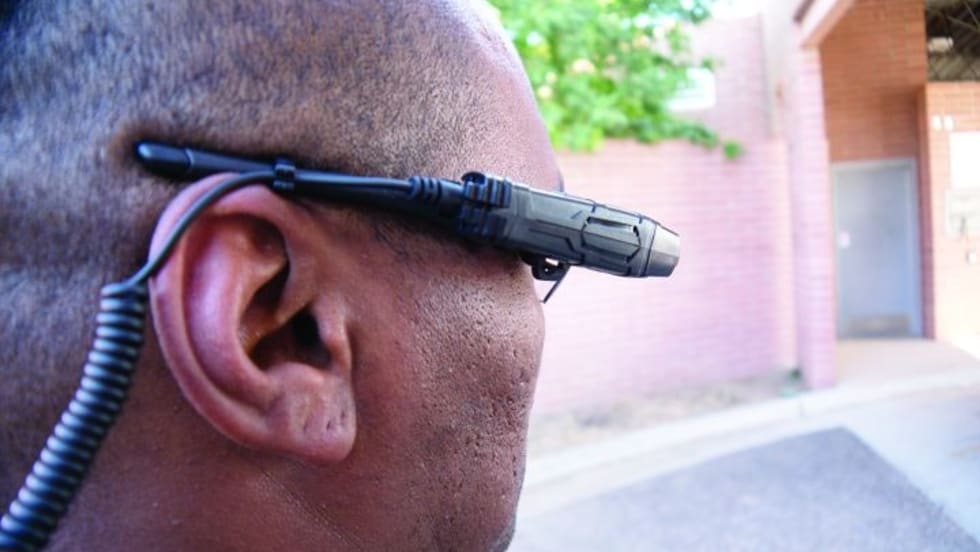
Recent events have accelerated law enforcement's timetable for adopting wearable audio-video recording devices. But using this technology has legal ramifications that have to be understood by criminal justice stakeholders.
Read More →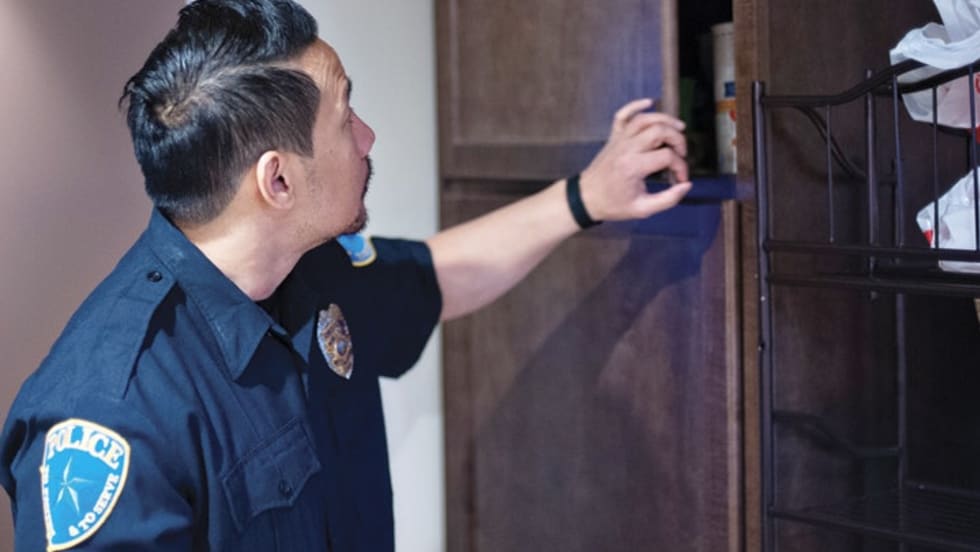
A defendant cannot suppress evidence if he cannot show that his own legitimate rights were violated in the way it was obtained.
Read More →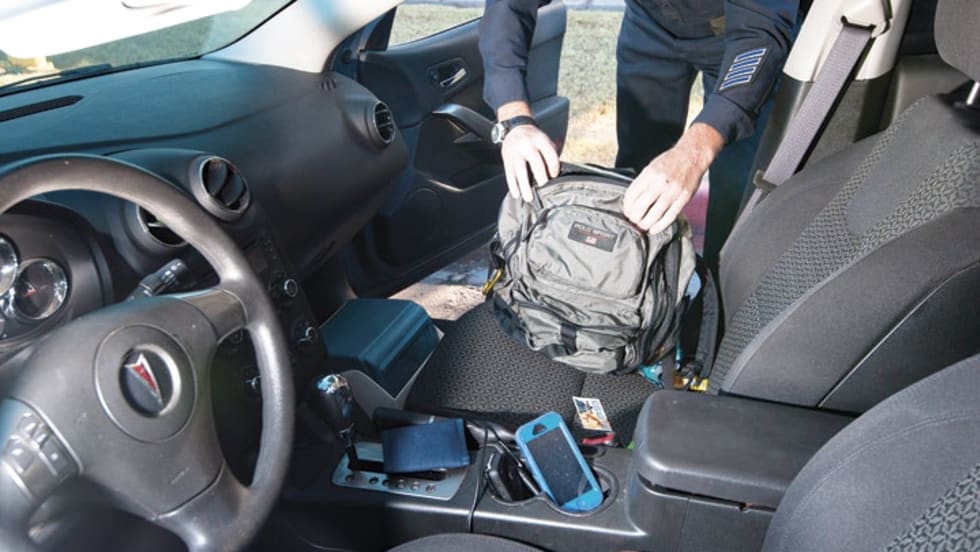
Ever since the U.S. Supreme Court made the Fourth Amendment exclusionary rule binding on the states in the 1961 decision in Mapp v. Ohio, thousands of published decisions from state and federal courts have applied the exclusionary rule to thousands of searches and seizures. It's no wonder the 50-year tidal wave of exclusionary decisions has left confusion and misunderstanding in its wake. Here are five areas of the law that seem to suffer the most in translation.
Read More →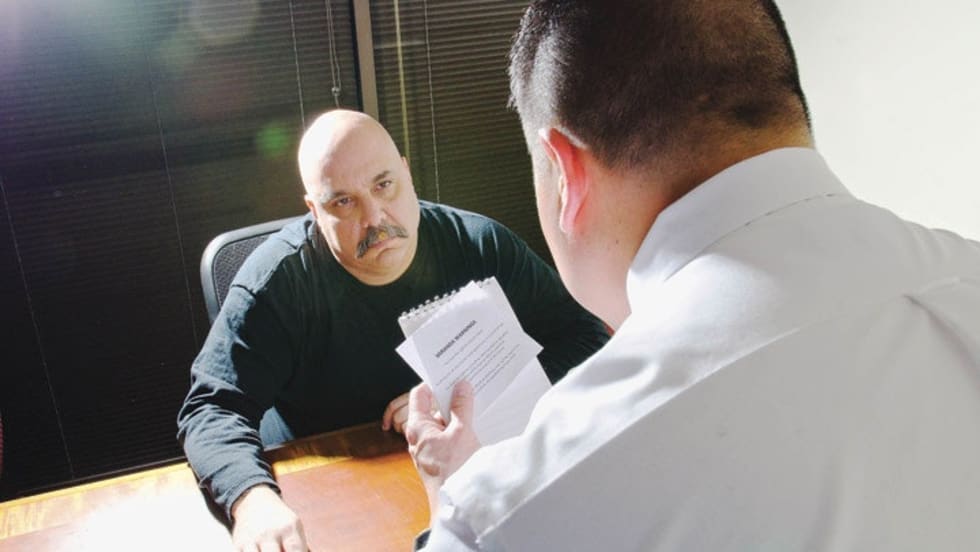
Some myths that have sprouted from Miranda have shown so much inertia that the Supreme Court has had to keep coming back to try to knock them down. Here are five of the most persistent.
Read More →